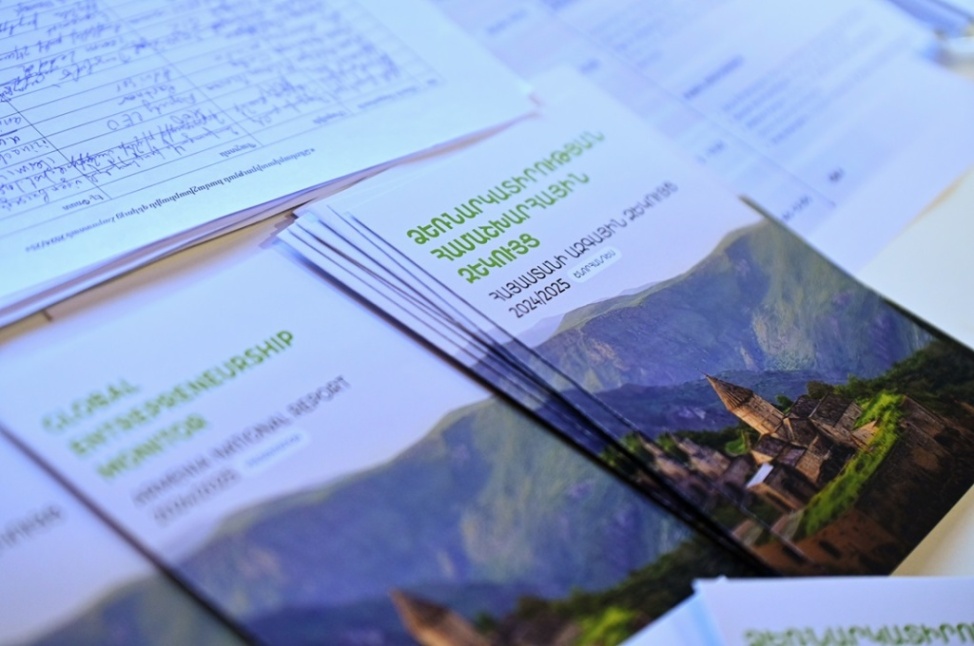Armenian political analyst calls for modification of Madrid Principles
06.09.2016,
15:30
The so-called Madrid principles – a set of proposals presented to Armenia and Azerbaijan by Russia, the United States and France as the three nations co-heading the Organization for Security and Cooperation in Europe’s Minsk Group- need to be modified in order to advance the Nagorno-Karabakh peace process, Sergey Minasyan of the Yerevan-based Caucasus Institute, said today.

YEREVAN, September 6. /ARKA/. The so-called Madrid principles – a set of proposals presented to Armenia and Azerbaijan by Russia, the United States and France as the three nations co-heading the Organization for Security and Cooperation in Europe’s Minsk Group- need to be modified in order to advance the Nagorno-Karabakh peace process, Sergey Minasyan of the Yerevan-based Caucasus Institute, said today.
The Madrid Principles are based on non- use of force, respect for the territorial integrity of the state and the right of nations to self-determination.
"The Madrid Principles as a mechanism for a final settlement of the Nagorno-Karabakh conflict is not feasible, because it includes provisions that are unacceptable to both parties, although as a document providing for the status quo and the continuation of diplomatic negotiations, it is quite adequate,' Minasyan said.
‘The Madrid Principles in their current form can not push the negotiation process forward, especially after the four-day clashes in early April between Karabakh and Azerbaijani troops along the line of contact, claiming hundreds of lives on both sides.
"Therefore for the negotiations to continue, if not the form, at least the logic of the Madrid Principles should be modified", Minasyan said.
The Nagorno-Karabakh conflict erupted into armed clashes after the collapse of the Soviet Union in the early 1990s as the predominantly Armenian-populated enclave of Azerbaijan sought to secede from Azerbaijan and declared its independence backed by a successful referendum.
On May 12, 1994, the Bishkek cease-fire agreement put an end to the military operations. A truce was brokered by Russia in 1994, although no permanent peace agreement has been signed. Since then, Nagorno-Karabakh and several adjacent regions have been under the control of Armenian forces of Karabakh.
Nagorno-Karabakh is the longest-running post-Soviet era conflict and has continued to simmer despite the relative peace of the past two decades, with snipers causing tens of deaths a year.
On April 2, 2016, Azerbaijan launched military assaults along the entire perimeter of its contact line with Nagorno-Karabakh. Four days later a cease-fire was reached. ---0---
The Madrid Principles are based on non- use of force, respect for the territorial integrity of the state and the right of nations to self-determination.
"The Madrid Principles as a mechanism for a final settlement of the Nagorno-Karabakh conflict is not feasible, because it includes provisions that are unacceptable to both parties, although as a document providing for the status quo and the continuation of diplomatic negotiations, it is quite adequate,' Minasyan said.
‘The Madrid Principles in their current form can not push the negotiation process forward, especially after the four-day clashes in early April between Karabakh and Azerbaijani troops along the line of contact, claiming hundreds of lives on both sides.
"Therefore for the negotiations to continue, if not the form, at least the logic of the Madrid Principles should be modified", Minasyan said.
The Nagorno-Karabakh conflict erupted into armed clashes after the collapse of the Soviet Union in the early 1990s as the predominantly Armenian-populated enclave of Azerbaijan sought to secede from Azerbaijan and declared its independence backed by a successful referendum.
On May 12, 1994, the Bishkek cease-fire agreement put an end to the military operations. A truce was brokered by Russia in 1994, although no permanent peace agreement has been signed. Since then, Nagorno-Karabakh and several adjacent regions have been under the control of Armenian forces of Karabakh.
Nagorno-Karabakh is the longest-running post-Soviet era conflict and has continued to simmer despite the relative peace of the past two decades, with snipers causing tens of deaths a year.
On April 2, 2016, Azerbaijan launched military assaults along the entire perimeter of its contact line with Nagorno-Karabakh. Four days later a cease-fire was reached. ---0---



